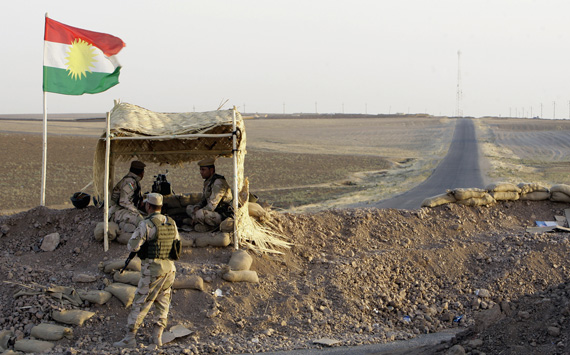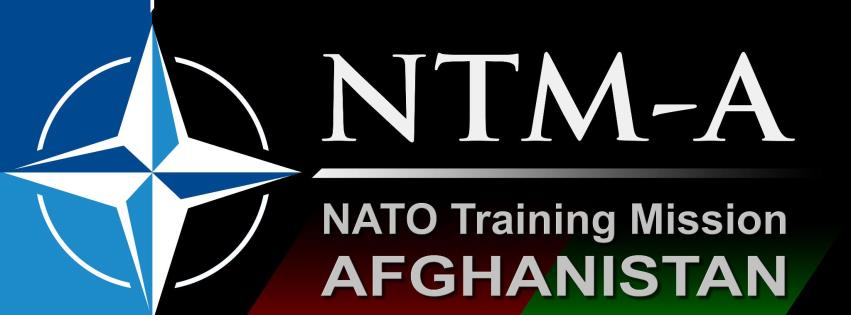Throughout 2014’s August and September, the Islamist State (IS) has dominated the news. Once again, the United States (US) has made the decision to launch military strikes within the state of Iraq, but this time in conjunction with the government in Baghdad, and the Iraqi Kurds. The most obvious question regarding this involvement is why will the US and other NATO members not follow Hungarian efforts to support the creation of a Kurdish state, giving independence to the Kurds in Iraq? To answer this question, it is important to understand the development of statehood as well as what statehood means for the Kurds, in the Middle East.
The development of statehood began with the Treaty of Westphalia, signed in 1648, which ended the Thirty Years’ War, but more importantly gave rise to the concept of the Westphalian state. This concept defines statehood in terms of territorial sovereignty, allowing for the independent governing of territory. State sovereignty within a given territory has formed the basis for international law as it presently exists. Palestine, for example, is not currently recognized as an independent state by the United Nations, and therefore by the international community, because it does not hold undisputed territory. However, groups that meet the conditions for statehood, chiefly those that possess a form of independent government and territory, still need to be accepted as states by the international community in order to gain the privileges associated therewith.
The Kurds in Iraq possess a form of government: both a Kurdistan Regional Government and a Kurdistan Parliament were recognized in 2005 by the new Constitution of Iraq. However, much like Palestine, the Kurds do not currently possess territory that does not belong to other states, primarily to Iraq, Turkey, Syria, Armenia, and Iran. The geo-cultural region of Kurdistan, therefore, relies on the willingness of these states to recognize the rights of the Kurds. Without that, the Kurds’ influence on international affairs and their ability to represent themselves in the international community is limited. Any attempts to do so are seen, by the international community at large, as domestic protests and attempts at civil war. The influence they do have tends to be negative, rather than positively influencing their own policy objectives.

For the Middle East in general, the development of a Kurdish state would provide a more effective state system that focuses on religious and cultural boundaries, rather than imperial boundaries, as Paddy Ashdown, former leader of the UK Liberal Democrats explains. In so doing, the Middle Eastern states will no longer be as concerned with internal disputes, which will lead to the reduction of the risk of civil war in the region. As a direct result, there will be fewer humanitarian crises, fewer problems with refugees, and far greater chances for peace in the region.
Furthermore, the Kurds in Iraq have similar goals as NATO states: they support an “Iraq free from fascism of either the Baathist or the Islamist type.” As such, an independent Kurdistan would support NATO goals in Iraq, by fighting against IS as well as providing a safe base of operations in the region. The result would be more successful operations in Iraq, as well as the increased likelihood of a stable Iraqi state.
Helping the Iraqi Kurds to gain independence is perhaps one of the more logical goals for NATO in the Middle East. Helping Kurdish independence would not only support NATO’s goals of promoting democratic values and providing peaceful resolutions to disputes, it would also provide NATO with an ally in the Middle East with the ability to aid NATO in the further pursuance of its goals. However, the development of a Kurdish state for the Iraqi Kurds may cause tension in other states with large Kurdish populations, including Turkey, a NATO member. Although the result may be long-term peace in Iraq and the development of a far more stable Middle East, if Turkey is unwilling to agree to Kurdish independence, NATO cannot push for its development. NATO can only act with the agreement of all its member states.




